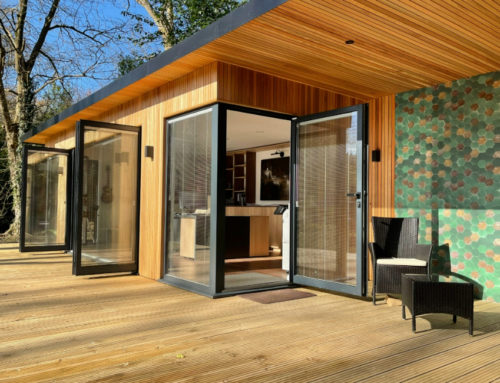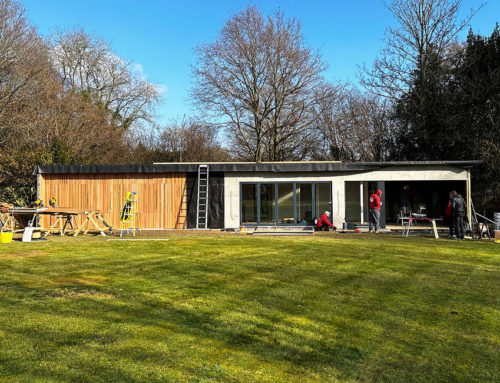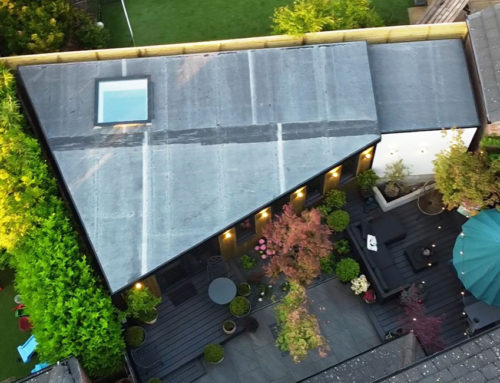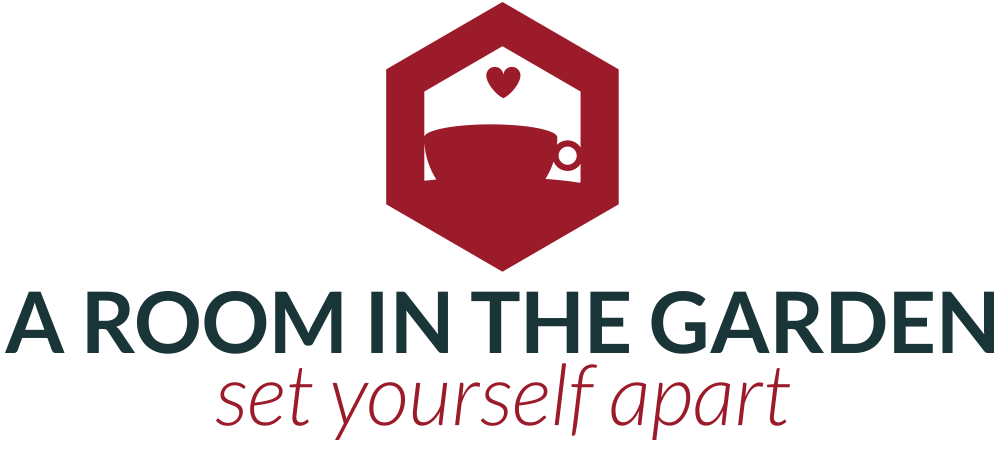I am sure that if you are one of those people who works from home, the idea of having a garden office must have crossed your mind. A garden office would allow you to separate home from work, finally eliminating all those small interruptions of family life so it would be easier to concentrate on the task in hand. Plus, wouldn’t it be great to have a space to store all your work stuff without having to share it with toys, a laundry basket and the occasional guest?
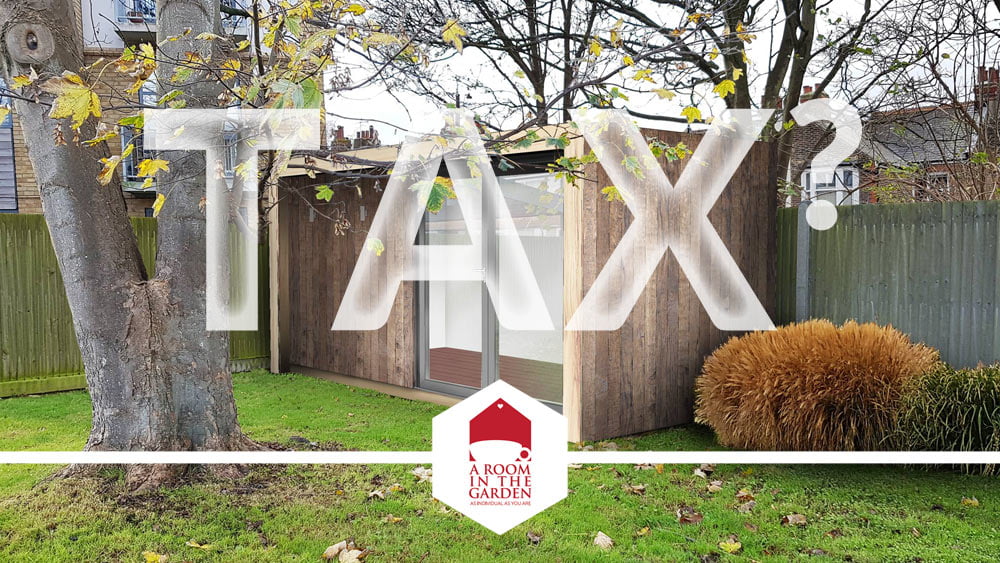
Obviously, building a garden office requires a substantial investment, but if you run a business it is possible to buy it as a company asset. Or, if self-employed, you should be able to claim it as a business expense come accounts day.
I am not an accountant, and I do not know much about those things, so I started to search the internet to learn more about it. The problem I quickly ran into was that there is no definitive answer out there. Plus, the more I was reading, the more doubts I had.
So, I abandoned the internet, and instead decided to talk to the experts. I contacted Cardens Accountants and Business Advisors, a firm founded in Brighton about 10 years ago by Barry Carden, which has rapidly grown to include 4 partners and a total of around 60 employees. Adam Thompson, one of its Corporate Tax Managers, very kindly agreed to meet me and answer all my questions.

Me (Ivana Cavallo) with Adam Thompson, Corporate Tax Manager at Cardens Accountants and Business Advisors
Hi Adam, my first question is simple: which are the pros and cons of having a garden office as a company asset?
I guess, there are no real cons. If someone needs the space, they need the space. It gets the business out of the house and gives them some segregation. From a tax point of view, there are some reliefs. If you are VAT registered, you can claim the VAT back from the cost of the property. Which for a purchase of that size it is not small.
What about a Sole trader?
They need to be a bit more careful. If you use the space for personal use as well, you can only claim the relative percentage of VAT. So, for example, if you use the room as a office during the week and then you have band practise at the weekend using about 10% of the time, you will be able to reclaim only 90% of the VAT.
So, let’s say I build my garden office, and I use it as a guest room when my brother comes to visit from Italy…
A one off, it is not a problem at all. And if it is in a company name you can ignore it completely. It is only relevant to a sole trader. Just make sure that you can prove that its main use is as an office and nothing else.
In addition to reclaiming VAT is there any other cost that can be claimed back?
The cost of the building itself can not be deducted as a business cost, but the fixtures and fittings you put in it can. So, you can claim the cost of the desk for example, of chairs, chest of drawers, carpeting…
Any electrical work you do in it can be claimed back too. As a company that builds garden offices, it is important that you give your clients an itemised bill of the costs.
And what about your bills? For example, electricity and internet?
If you have separate meter, you can deduct the cost in full. If not, you will have to do an estimate based on your usage, and if this is not possible, you will have to calculate the amount to be deducted based on the percentage of use.
Like when you work from home, right?
Yes. Let’s say you live in a 4 rooms house and you use one room exclusively as your office. You can claim 25% of your electricity and gas bill.
I read that if you buy a garden office as a company asset, you need to be aware that if you ever sell your house you will have to pay Capital Gains Tax?
To be honest, while I would not say it can be ignored, it is not really an issue. While technically it could be a problem, in reality it is not, because a garden building has not got an actual value. Although the value of your home may increase due to the presence of a garden office, the garden office itself will not increase in value over time. Its value will actually decrease. This means that you will be unlikely to pay Capital Gain Tax. One thing I would recommend though, is to speak to your local council about business rates, if there are any, if they will apply to the garden office and how much they would be.
So, it is not connected to the business? To the value of the business?
It is part of the business. So when you buy it, it will go on to the company balance sheet at whatever price you pay for it. That cost can not be written off, but you can claim some allowances for it against the fittings. It just sits there as an asset. If it gets knock down in 10 years you can claim it as a capital loss.
In conclusion, if you have a company or you are a sole trader, it is convenient to buy a garden office through your business?
Definitely, yes! But keep in mind, tax is too complex subject and things may vary depending of a person’s individual circumstances. Therefore, I would advise to anyone thinking to get a garden office as a business asset to come to us for a more in depth tax advice or to talk to their existing accountants.
Trackbacks/Pingbacks
One of the greatest things about… – Toast Networking Brighton – […] If you are thinking about adding a garden office to your home, and would like professional advice about tax…
Can I claim a garden office as a business expense? – Toast Networking Brighton – […] If you are thinking about adding a garden office to your home, and would like professional advice about tax…
A Room in the Garden/Bespoke garden rooms-colourful wood experiment – […] a series of articles looking at the more serious side of garden room planning, such as Can I claim…
If you want a bespoke design and want to know more, check out our article: Is bespoke design expensive?
